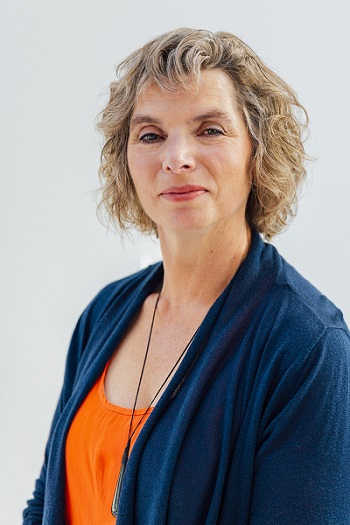 The Royal New Zealand College of General Practitioners is one of a group of organisations who have expressed frustration after yesterday’s meeting to discuss future funding of general practice under PHO Services Agreement Amendment Protocol (PSAAP). The Protocol is the agreement between DHBs and PHO’s and sets the capitation percentage increase, being the principal mechanism that sets the funding of general practice.
The Royal New Zealand College of General Practitioners is one of a group of organisations who have expressed frustration after yesterday’s meeting to discuss future funding of general practice under PHO Services Agreement Amendment Protocol (PSAAP). The Protocol is the agreement between DHBs and PHO’s and sets the capitation percentage increase, being the principal mechanism that sets the funding of general practice.
College President Dr Samantha Murton (pictured right) says, “The chronic GP shortage and high burnout rates within the profession are well-documented and has built to the crisis point we now have, so to still be presented with such a poor offer is frustrating and dangerous.
“We are a dedicated workforce with the health of our community at the heart of everything we do. There is the very real danger that we won’t always be here to care if there continues to be so little focus on sustaining general practice and its essential workforce.”
General Practitioners deliver specialist medical care that is based on building trusted relationships. It is complex. It often involves time, listening, and understanding before diagnosis or a treatment plan is formed. General Practitioners work in a team. Cost effective, comprehensive and continuous health care requires a team of professionals working seamlessly together to provide the best possible care for our patients.
Current capitation funding is based on a 15-minute time allocation, with an annual increase agreed at PSAAP.
15 minutes isn’t enough time to carefully listen to a mentally distressed teenager and their parents unwind their concerns and then put together a robust, supported treatment plan that is effective and will make a difference.
15 minutes isn’t enough for a whānau to meet with their GP when baby is due his immunisations, and the nurse has realised their mother is struggling and needs care too.
15 minutes isn’t enough for a lonely elderly person to talk to their GP about the medical conditions they live with, their complex medication needs, and have a referral actioned for their social issues that are contributing to their worsening health.
“A person's health is their most important asset. People want to trust that asset to someone who is an expert in maintaining, fixing, and preserving that asset, their specialist GP. People deserve to be listened to, heard, and understood, and general practitioners need enough time to be able to complete their specialist work without worrying that they’re rushing or adding pressure of their delivery of excellent care.
“Most people get their healthcare needs met in the community by their local GPs and the teams they work within. In 2020, general practice had 20.5 million contacts with patients. With this number expected to rise we know there are not enough of us to undertake more consultations or have longer opening hours to meet this need, let alone train the next generation who are coming through our training programme,” says Dr Murton.
The specialist GP workforce is a crucial part of the health sector and deserves to be recognised as such and be on par with other medical specialities. The College urges government to seriously reconsider their offer and take time to understand the importance and the responsibilities that these skilled diagnosticians have on improving the health outcomes of New Zealanders.
“Let’s put the health of New Zealanders front and centre and provide the support and resources to where they will truly make a difference – in the community. It’s time for action,” says Dr Murton.
Read our ‘GP Future Workforce Requirement Report’ for further information.